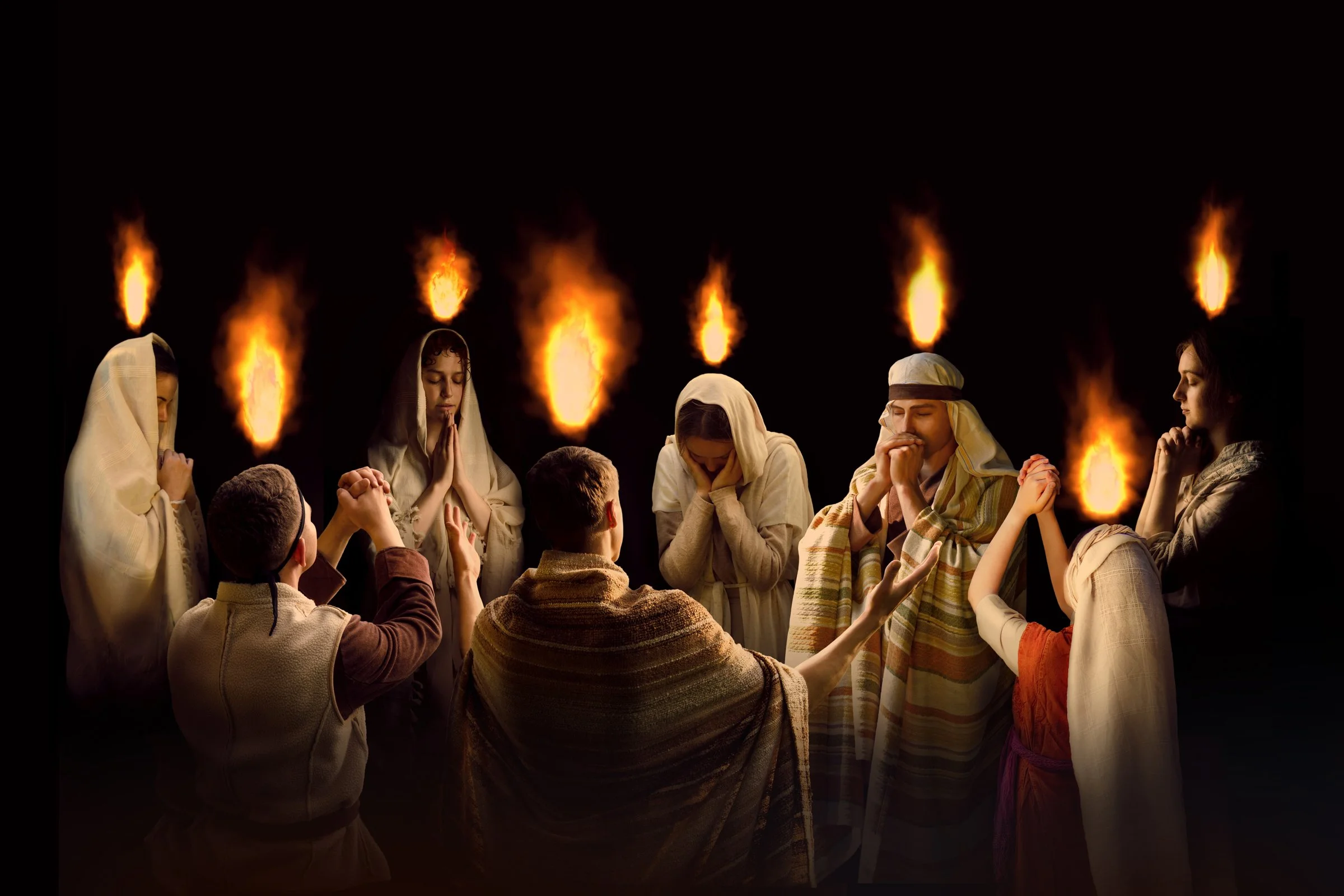Our salvation requires faith, and Jesus was looking for it when He came to the Jewish people. Jesus told His disciples: “When the Son of Man comes, will He really find faith on the earth?” (Luke 18:8).
But Paul said: “For by grace you have been saved through faith, and that not of yourselves; it is the gift of God” (Ephesians 2:8). From his words, we are not saved by faith. Instead, God’s grace saves us through faith. But even our faith is a gift from God lest we erroneously believe that somehow, we can save ourselves from our dead nature caused by sin. No, we were dead in trespasses, and dead people are neither aware nor capable of making themselves alive through faith. Only God can save us by His grace and the faith He has given us so we might choose Him. As we read, “God has dealt to each one a measure of faith” (Romans 12:3).













